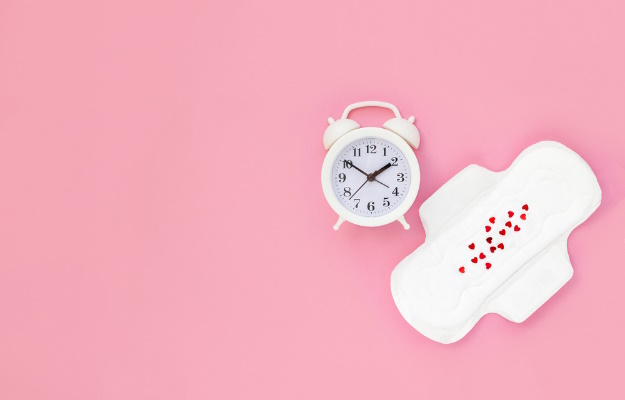Menopause refers to the time in a woman’s life that marks the end of menstrual cycles. As women age, their ovaries produce less estrogen and progesterone, two of the main hormones needed for reproduction. As estrogen levels go down, one of the first signs of the menopausal transition is irregular periods, in which bleeding is unusually heavy or light. The time between periods may also become longer.
(Read more: Early menopause)
On average, women reach menopause between the age of 45 and 50 but it can happen earlier or later as well. Menopausal symptoms can vary from one woman to the other but some common ones include hot flashes, night sweats, constipation, obesity (especially central obesity), wrinkles, sleep disturbances and mood swings. However, some women go through menopause with no real symptoms as well.
















































